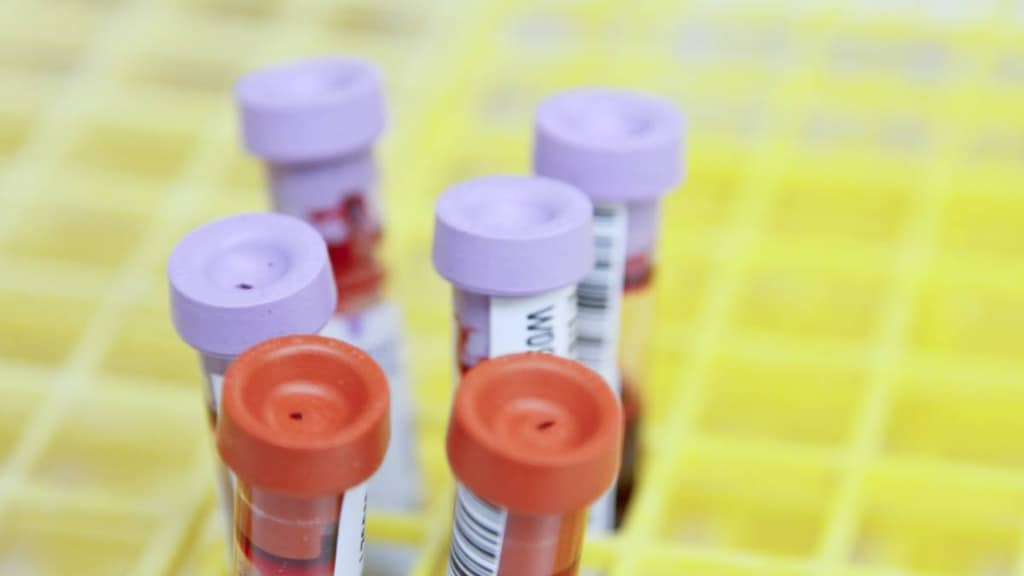How do you test for multiple sclerosis?

No single test can diagnose multiple sclerosis (MS), so your doctor will interpret several test results together. You will first need to do a medical history and physical exam with a neurologist. You may also need blood tests, imaging studies, nerve tests and a spinal tap exam. Some test results will help to rule out other conditions before diagnosing MS.
MS is an unpredictable disease that attacks your central nervous system. This can include your brain, spinal cord and the main nerve of your eye, the optic nerve. Attacks of MS can come and go. To help make the diagnosis, a doctor needs to find signs of damage from an MS attack that have three requirements:
- The damage must have occurred in two or more areas of your central nervous system
- The damage must have occurred at different times
- Other possible causes of central nervous system damage must be ruled out
To gather information, your doctor will first ask about symptoms like:
- Blurred vision
- Weakness
- Tingling
- Numbness
- Clumsiness
- Loss of bladder control
During your physical exam, your doctor may check your:
- Muscle strength
- Reflexes
- Sensation
- Vision
- Balance
An MRI imaging study is an important test for diagnosis. Injecting a contrast dye during an MRI may show areas of scarring in the brain and spinal cord, called sclerosis.
A spinal tap is another important test. This test removes some fluid from your spinal canal and tests it for proteins and other immune system cells that are released during an MS attack.
There is no blood test for MS, but blood tests may be done to rule out other conditions that mimic symptoms of MS such as lupus, vitamin deficiencies or viral infections. Another common test is a nerve conduction study, which measures the speed of nerve conduction through electrodes placed over your skin. This may show a slowing of nerve conduction speed caused by MS.
Tests for MS may need to be repeated over time. It is important to get the diagnosis as soon as possible so that treatment can be started to prevent permanent damage to your central nervous system. Although there is no cure for MS yet, there are many approved drugs for treatment. MS is rarely fatal, and most people with MS will have a normal life expectancy.
Article references
- National Multiple Sclerosis Society. Diagnosing MS. Available at: https://www.nationalmssociety.org/Symptoms-Diagnosis/Diagnosing-MS. [Accessed August 7, 2020].
- National Institute of Neurological Disorders and Stroke (NINDS). Multiple Sclerosis: Hope Through Research. January 7, 2020. Available at: https://www.ninds.nih.gov/Disorders/Patient-Caregiver-Education/Hope-Through-Research/Multiple-Sclerosis-Hope-Through-Research. [Accessed August 7, 2020].




